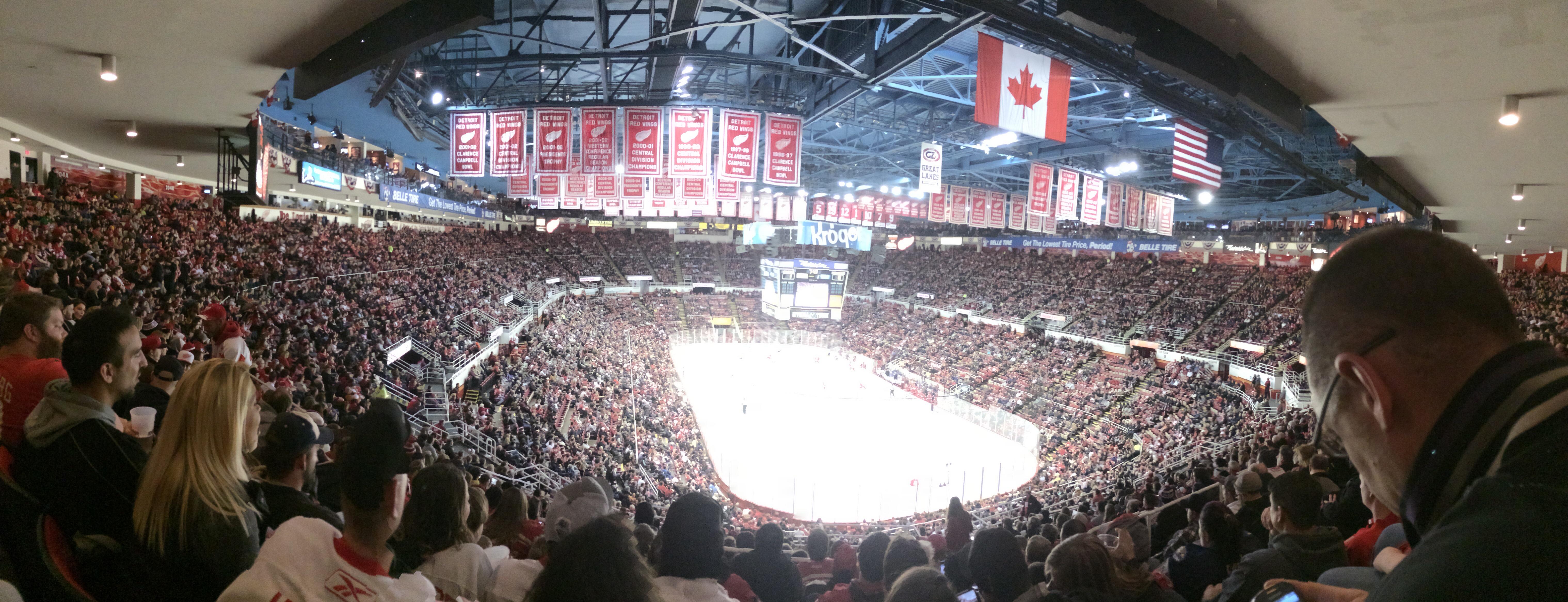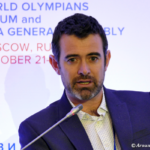In the Olympic build up we hear so much about the efforts and the trials and tribulations of athletes on their Olympic roads. We hear about how much they have sacrificed, how they have overcome the odds and the levels of brilliance they have achieved to even participate. In their world’s they have invested everything into being the best they can be at one discipline. They take their craft to extreme heights and go to any length to turn their dreams into gold. What happens when it’s all over? We hear significantly less about the post Olympic lives of the same athletes we have journeyed with to their final result at the games. But their lives do go on and for many, their post Olympic lives are far more challenging than they ever imagined.
Athletes are regarded as strong and able. Competing at the Olympics is an extremely difficult thing to do and it’s not for the faint hearted. Because the Olympic seems so far out of reach for most people, it is easy to regard Olympians as super human, elite and resilient. They are all those things. However, they are also human beings with fears, insecurities and personal issues like everyone else. It is very easy for an athlete to sweep everyday human problems under the carpet in order to keep that singular focus on their goals. Sporting performance is priority number one. In most cases, the personal lives and feelings of the athletes rank second to performance. Athletes can struggle to talk about their deep, human issues and fears due to the stigma attached to being vulnerable in a space where bravado wins over honesty.
“Top results and great training sessions are closely linked to feelings of self worth. When a bad result or poor training session occurs, the athletes world can come crashing down. When it’s all going well though, there is no better feeling in the world. The life of the elite athlete can be very unbalanced”
The escapism of the performance bubble is quickly popped after the big event is finished. Real life kicks in. Real life means confronting all of those questions about who you are without your sport . What do you want to do next with your life?
These will have been some of the questions that were swept under the carpet in the Olympic frenzy. Your passion is gone. Your focus is gone. All of a sudden you are searching when all you are used to is being focused and driven.
It’s a dangerous time. For so long you are surrounded by a community, mentors, supporters, coaches and team mates moving towards a lauded goal. When the goal has come and gone you are left alone in a time when a mentor could be really useful.
There is the inevitable crazy phase and the period of blowing off steam and doing the things that were off limits for most of your athletic career. But there comes a time when all of that has to balance out and your new life purpose has to be first found and then followed. Many elite athletes have been lost in this phase and never returned. Many have committed suicide, ended up in jail, ruined their lives through drugs and alcohol abuse and never found peace again.
When they retire they are confronted with the prospect of needing assistance with their next step in life. This is done through open, real and vulnerable conversations that are very very difficult for people who have been conditioned to never show their fears and insecurities.
Career placement and development programmes are in place in many sporting organisations which is a great step. However, we see this as the tip of the iceberg. It’s not enough to place an elite athlete at a desk in a bank somewhere. Telling them to get on with the rest of their lives six weeks after they have competed on the biggest stage of all.
Unless they are aligned to their purpose, they will not last in any job. We are of the opinion that we are not good at just one thing in our lives, we are multi talented and it takes a little time to find out where our next passion lies. We think this is one of the keys to the transition of athletes as they head out into the world.
Being a retiree at the age of 28 or 32 is a unique challenge and we feel there should be a responsibility towards athletes to ensure that they emerge from the rigours of the sporting world as balanced and purposeful human beings.
Athletes must be personally responsible for their futures, however I think a cultural shift tending to the athletes emotional needs will not only make them better equipped for the next phase but it will also make them more robust and balanced performers
Former athletes who have been through the performance world and the challenge of transition are ideally placed to transmit their experiences to current athletes for their benefit going forward and this is the cornerstone for the Crossing the Line. Peer to peer support.



